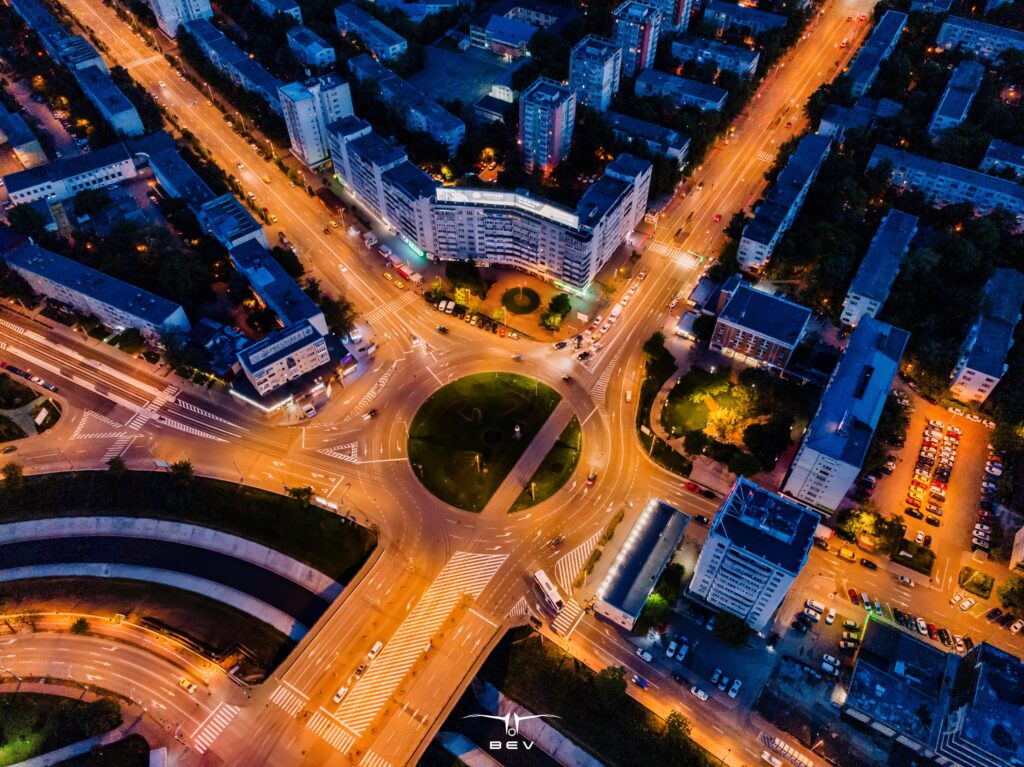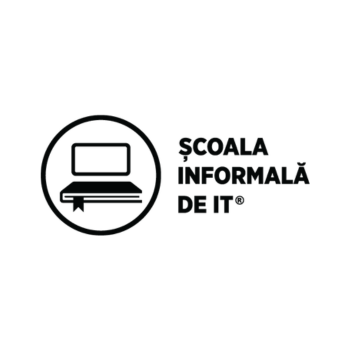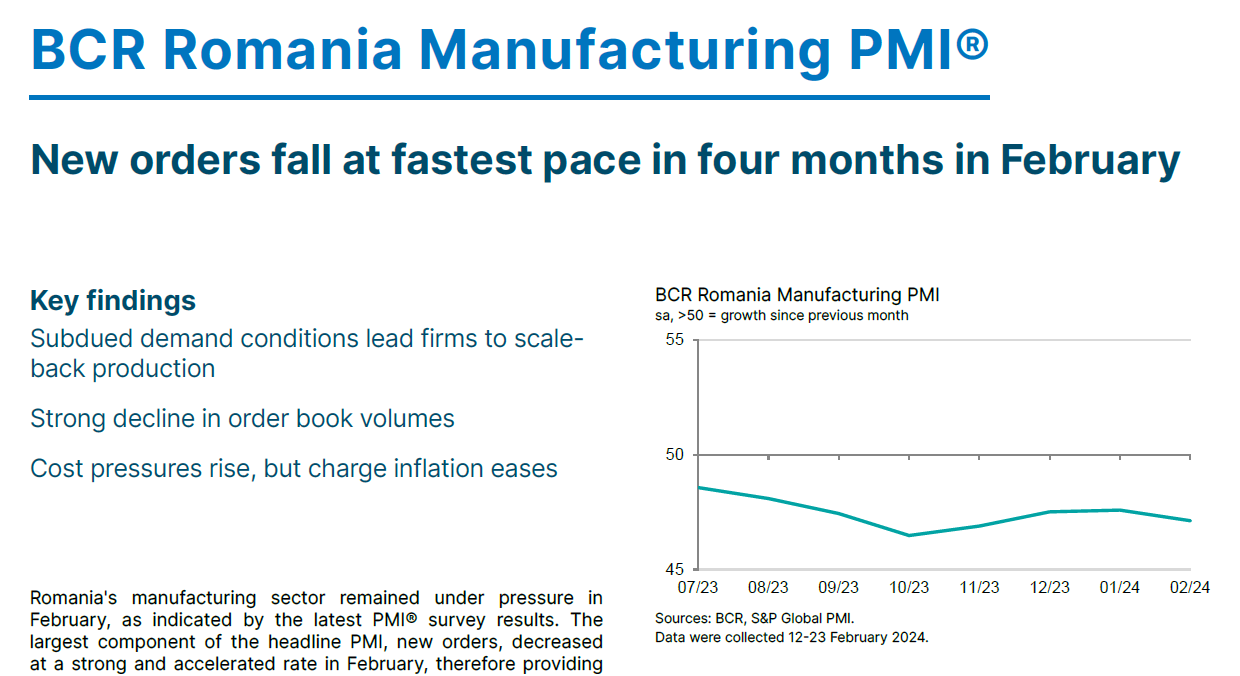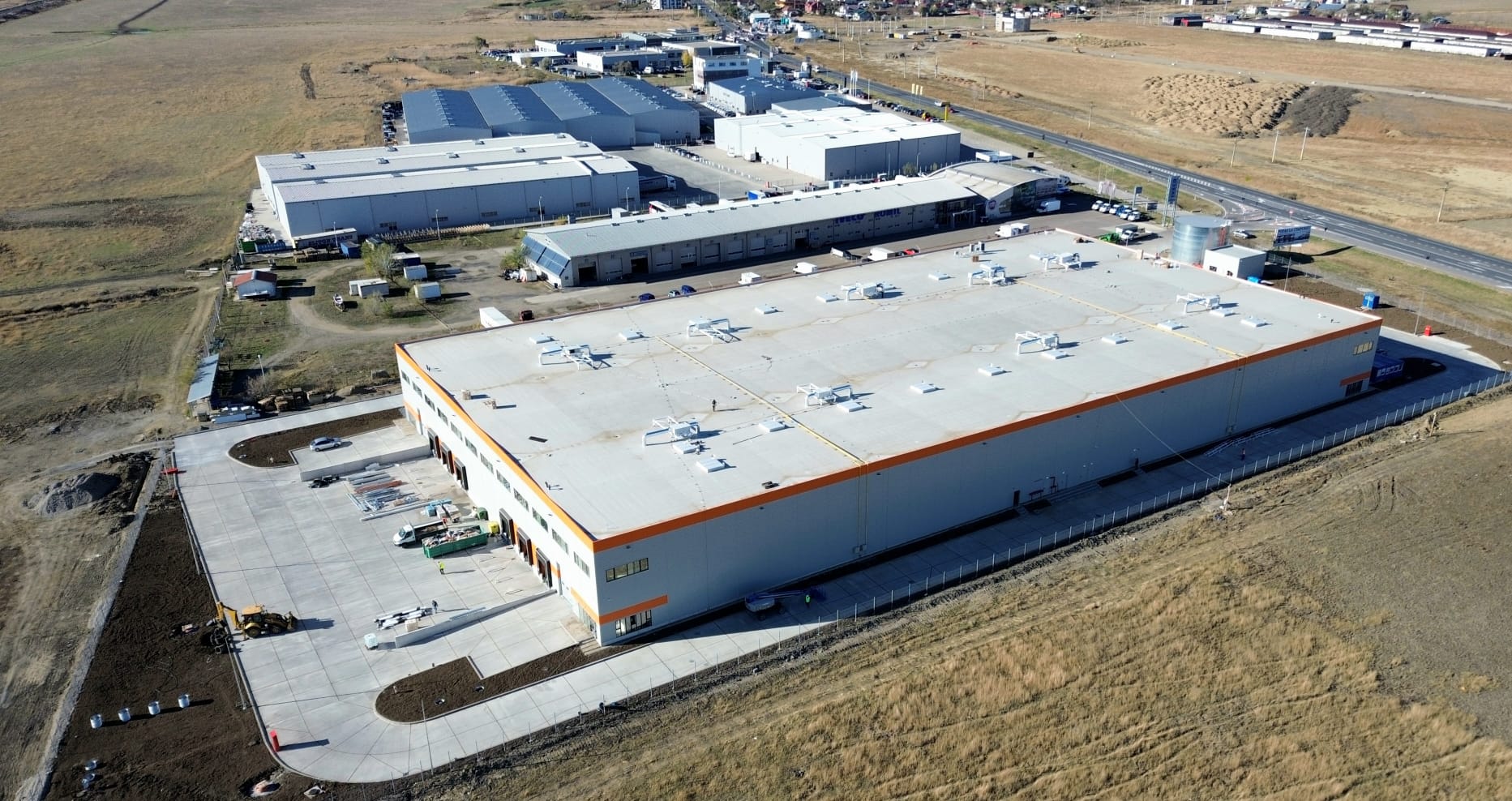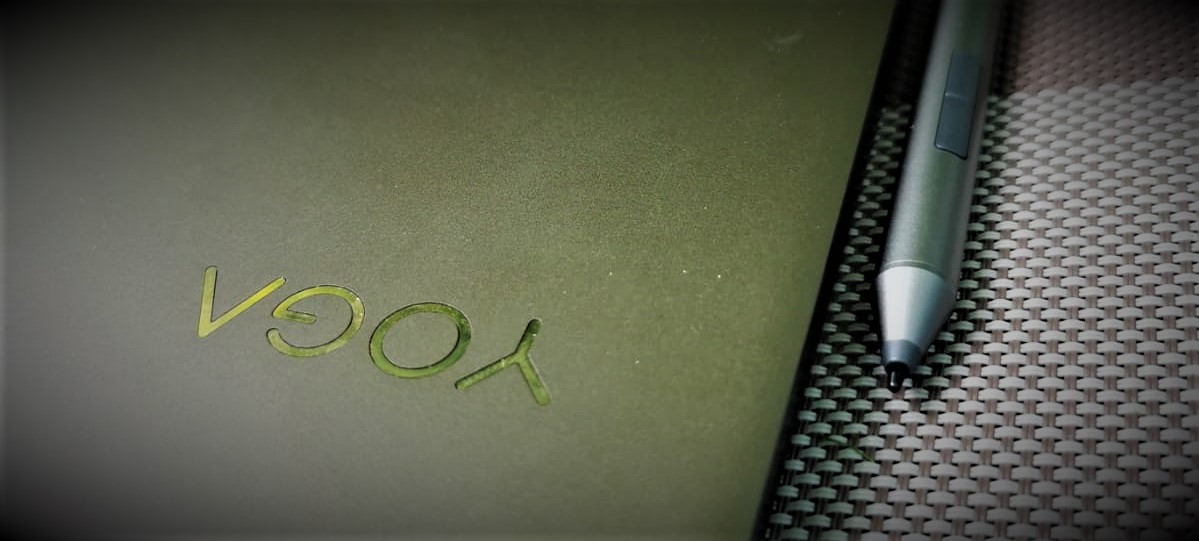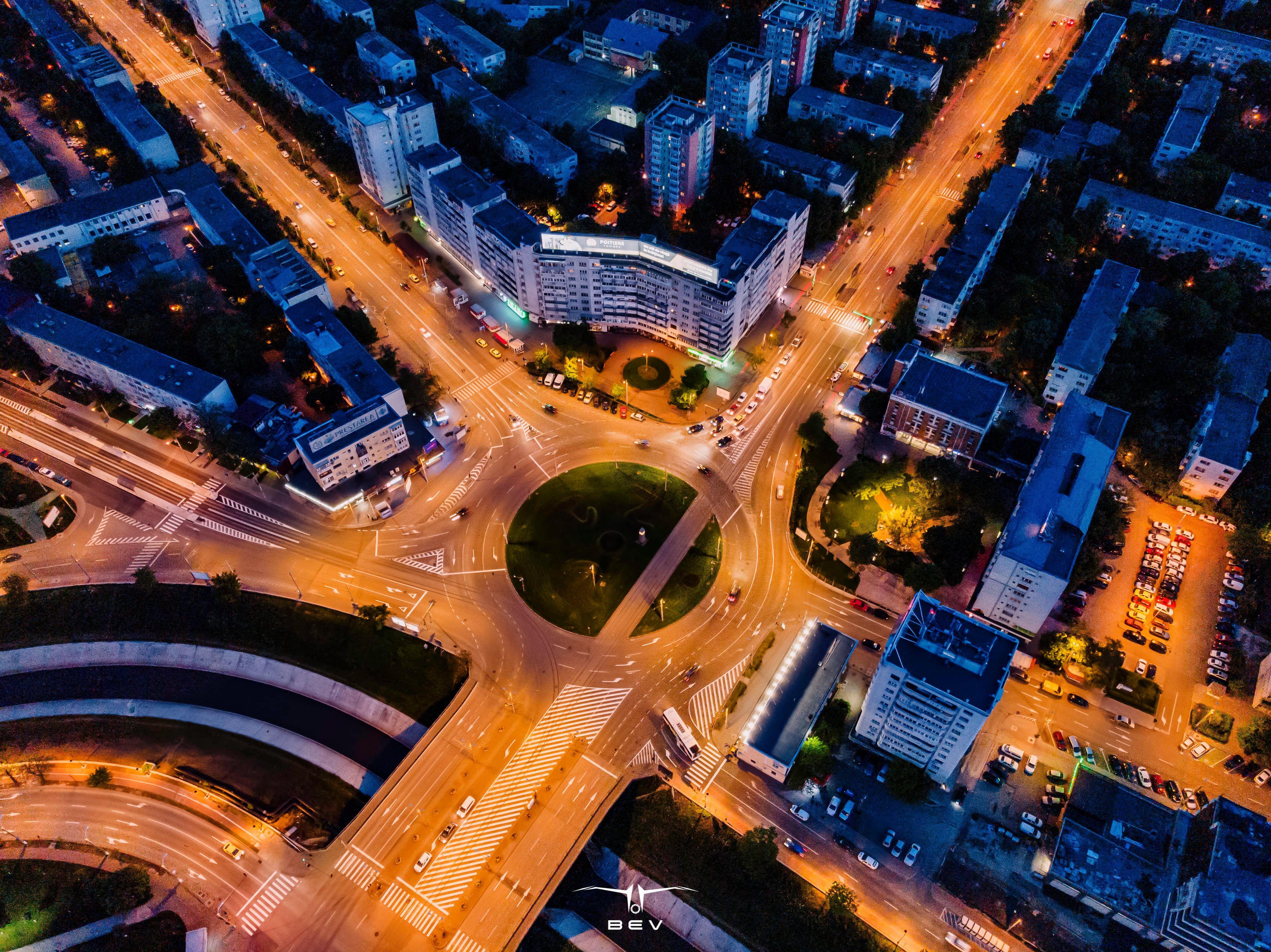
If I came to a conclusion after recent discussions with regional leaders in real estate and ITO, is that most companies are in no hurry to return to offices with more than half of their staff before the end of summer 2020.
And why would they hurry? The rules are still not clear enough, we do not know which are mandatory and which are just recommendations. There are some estimates that the set of measures leads to additional costs of about 100 euros / month / employees. The budgetary impact for a company of 1,000 employees exceeds 1 million euros over a year. Money that does not fall from the sky (or from shareholders) and need to be obtained by sacrificing other budget categories, including travel budgets, team-buildinga, the CSR activities on which many local NGOs rely.
Basically the „safety package” becomes the only benefit of this period, eliminating other benefits such as fitness subscriptions, office massage, fruit delivered to the office, etc. It’s as if I see recruitment ads like: „In our company, over 80% of colleagues are not obliged to work from home more than one day a week”; „Here you are allowed to come to the office every day and you don’t have to come with the coffee thermos from home.”
And when we talk about the security package, it is difficult to draw a line between bureaucracy and urban legends, lobbying by interest groups and those common sense measures that can really lead to maintaining and even improving the health of office colleagues.
We start the calculations easily with the obligation to wear masks in closed common spaces which include of course office buildings, whether we are talking about the reception of the building, hallways, elevators, open space, relaxation areas, conference rooms, etc. At a consumption of 6 pcs. per day (2 for leaving / coming from the office, and 4 to change them every two hours) and at a price that will not return to 20 money we are talking about 6 masks x 0.5 euro x 20 days = 60 euro / month / employee.
We add the increase in the frequency of daily cleaning with accents at the end of the week and month, blocking an additional person in areas of heavy traffic to intensely wipe the handles, buttons, bars, etc. And we can go further: disposable gloves, plexiglass separators, entrance carpets soaked in chlorine (how nice the office spaces will smell).
We do not forget the increase of the service fee due to the more frequent maintenance of HVAC systems and fresh air supply plus investments in extreme measures such as: access recognition terminals facial recognition + temperature detection and mask wear (we just awarded at CodVid Challenge Accepted Hackathon such a solution software); portable thermal imaging devices or only short-distance temperature measuring thermometers; spray disinfection gates for human trafficking; IP cameras with thermo-vision for fever detection, additional man at the reception / guard to monitor this
The positive part is that most of the IT & Outsourcing jobs will be kept and that the migration of employees between companies will decrease by 100 euros in addition to salary, the security of the job being paramount.
The workload is increasing because everyone is forced to digitize and automate: This crisis will catalyze a major leap with the help of RPA – Robotic Process Automation tools developed by UiPath, the unicorn started in Romania.
The stability of utilities (electricity, internet) and the versatility of the ITO industry workforce in Central and Eastern Europe is again appreciated by global customers, as South America has recently become very attractive and India has strengthened its leading position in outsourcing.
Only now do we see the advantage that Romania has a well-developed internet infrastructure and that the switch to „work from home” has been made without interruptions in the provision of services. And this in the conditions in which last year, with an average download of 21.80 Mbps, Romania dropped 32 places in the Worldwide Broadband Speed League ranking, up to 38th place.
The hardest part will be forgetting the fear of ordinances, messages of public interest (media, social networks, megaphones and police cars). Iulian Anghel states in an article in Ziarul Financiar that „It will be difficult for companies, even if employees return to construction sites or offices. There will be fear of each other and the trust of the past will be extremely difficult to regain.”
#Iasiishere
published with the consent of www.pinmagazine.ro
photo credits – Birds Eye View BEV
